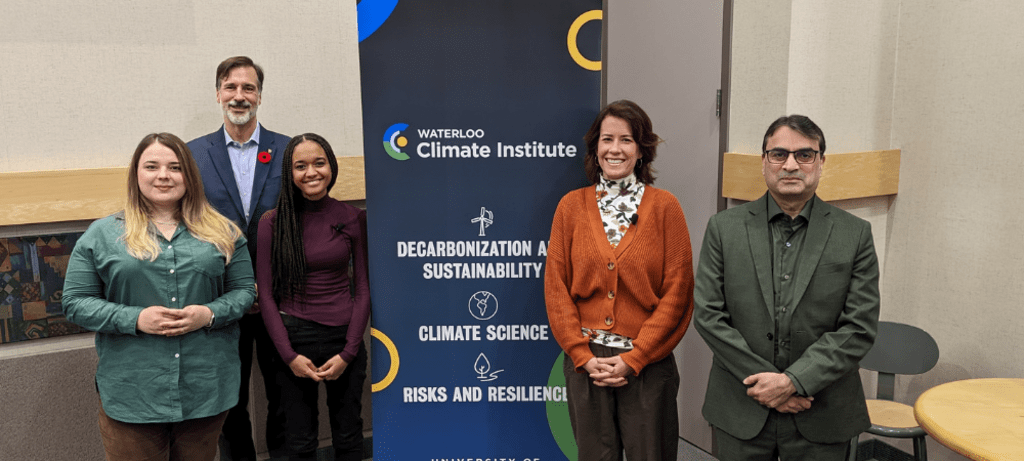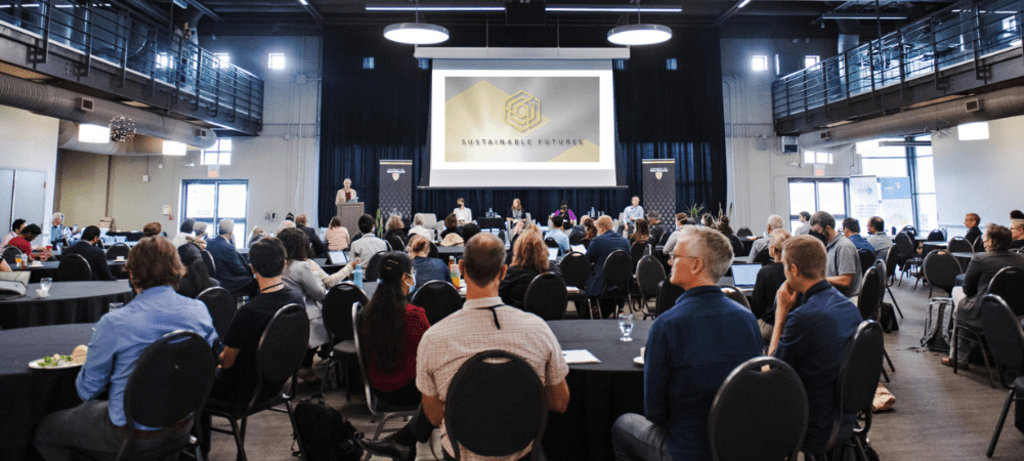Wednesday, November 23, 2022
Environment and Climate Change Canada has announced $15.8 million to six University of Waterloo research projects to identify solutions to environmental challenges. The research projects will be led by seven Waterloo Climate Institute members: Dr. Nandita Basu, Dr. Amelia Clarke, Dr. Eric Croiset, Dr. Michael Drescher, Dr. Laura Hug, Dr. Maria Strack and Dr. Vanessa Schweizer. The projects will support building a sustainable net-zero emissions in Canada by 2050.
Contact us for media inquiries to learn more about this or other climate change related stories.

